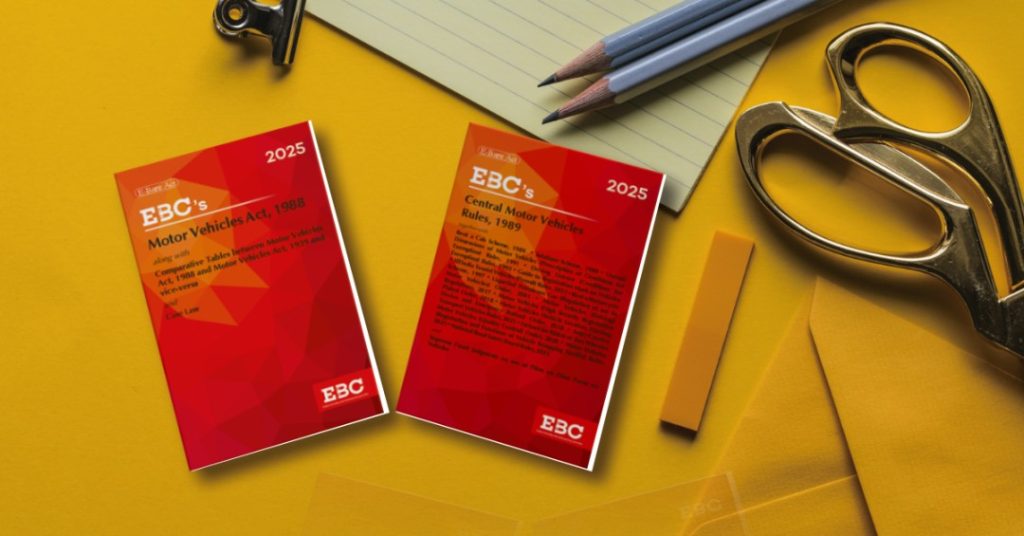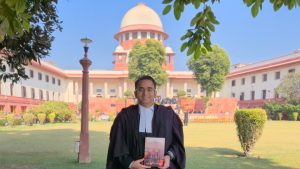
Driving in India can be exciting, but it also comes with rules, not just for your safety, but for everyone around you. Here’s a simple guide to the most important traffic laws and the legal provisions behind them.
1. Always Carry These Documents
Legal Provision:
Section 130 of the Motor Vehicles Act, 1988
You must carry:
- Driving Licence
- Registration Certificate (RC)
- Insurance Certificate
- Pollution Under Control (PUC) Certificate
Digital copies via DigiLocker or mParivahan are accepted under Rule 139 of the Central Motor Vehicle Rules, 1989.
2. Follow Speed Limits
Legal Provision:
Section 112 of the Motor Vehicles Act, 1988
The government sets speed limits based on the type of road and vehicle. Overspeeding can lead to:
- Fines
- Licence suspension
- Accident liability
Speed limit signs are legally enforceable.
3. Don’t Drink and Drive
Legal Provision:
Section 185 of the Motor Vehicles Act, 1988
If your blood alcohol content (BAC) exceeds 0.03%, you’re considered legally drunk. Punishment includes:
- Fine up to ₹10,000
- Imprisonment up to 6 months
- Both (for first-time offenders)
Repeat offenders may face harsher penalties.
4. Use Seatbelts and Helmets
Legal Provision:
Section 194B (seatbelts), Section 129 (helmets), Motor Vehicles Act, 1988
- Seatbelts are compulsory for front and rear passengers.
- Helmets are mandatory for both rider and pillion on two-wheelers.
Fine: ₹1,000
5. Stick to Your Lane
Legal Provision:
Rule 6 of the Rules of the Road Regulations, 1989
You must:
- Stay in your lane
- Use indicators
- Avoid sudden lane changes
Violation may lead to penalties under Section 177A of the Motor Vehicles Act.
6. Don’t Use Your Phone While Driving
Legal Provision:
Section 184(c) of the Motor Vehicles Act, 1988
Using a mobile phone while driving is considered dangerous driving.
Penalty: ₹5,000
In some cases, your licence can be suspended.
8. Give Way to Emergency Vehicles
Legal Provision:
Section 194E of the Motor Vehicles Act, 1988
You must allow free passage to:
- Ambulances
- Fire engines
- Police and rescue vehicles
Blocking them can result in a fine of ₹10,000.
9. Honking Rules
Legal Provision:
Rule 21(11) of the Central Motor Vehicles Rules, 1989
Noise Pollution (Regulation and Control) Rules, 2000
Unnecessary or continuous honking, especially in Silence Zones (near schools, hospitals, courts), is punishable.
Penalty can range from ₹500 to ₹2,000 depending on local laws.
10. Parking Rules
Legal Provision:
Section 122 and 177 of the Motor Vehicles Act, 1988
Improper or illegal parking can:
- Block roads
- Cause traffic jams
- Lead to fines or towing
Always look for “No Parking” signs and follow municipal parking guidelines
Quick Penalty Table
| Offense | Law/Section | Penalty (₹) |
|---|---|---|
| Drunk driving | Section 185, MV Act | Up to 10,000 |
| Overspeeding | Section 112 & 183, MV Act | 1,000 to 2,000 |
| No seatbelt or helmet | Section 194B / 129, MV Act | 1,000 |
| Phone while driving | Section 184(c), MV Act | 5,000 |
| Disobeying signals | Section 119, 177, MV Act | 1,000 |
| Blocking emergency vehicle | Section 194E, MV Act | 10,000 |
To upgrade your knowledge on traffic rules and more, do check out Central Motor Vehicles Rules, 1989 and Motor Vehicles Act, 1988 Bare Act (Print/eBook) by EBC.
















